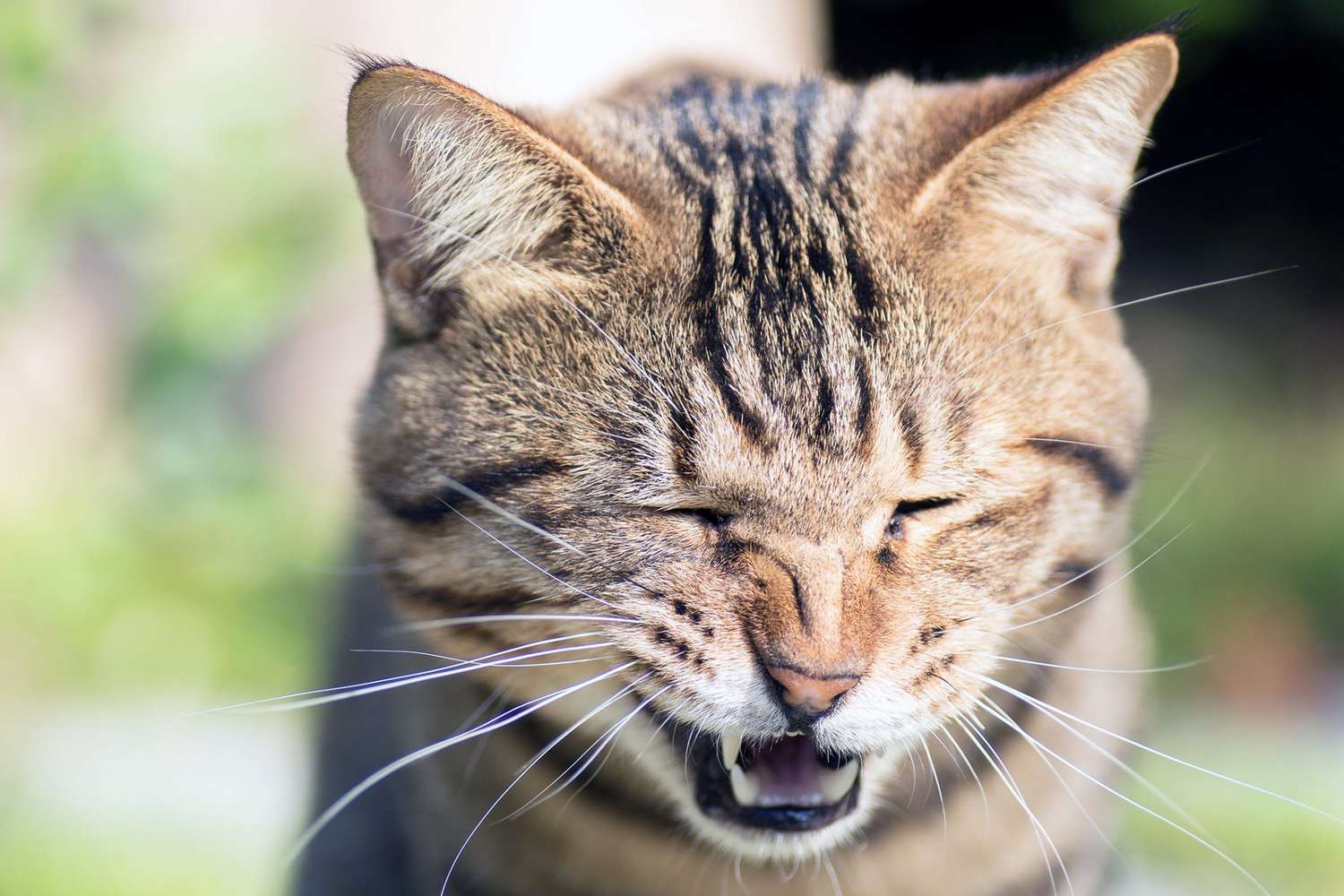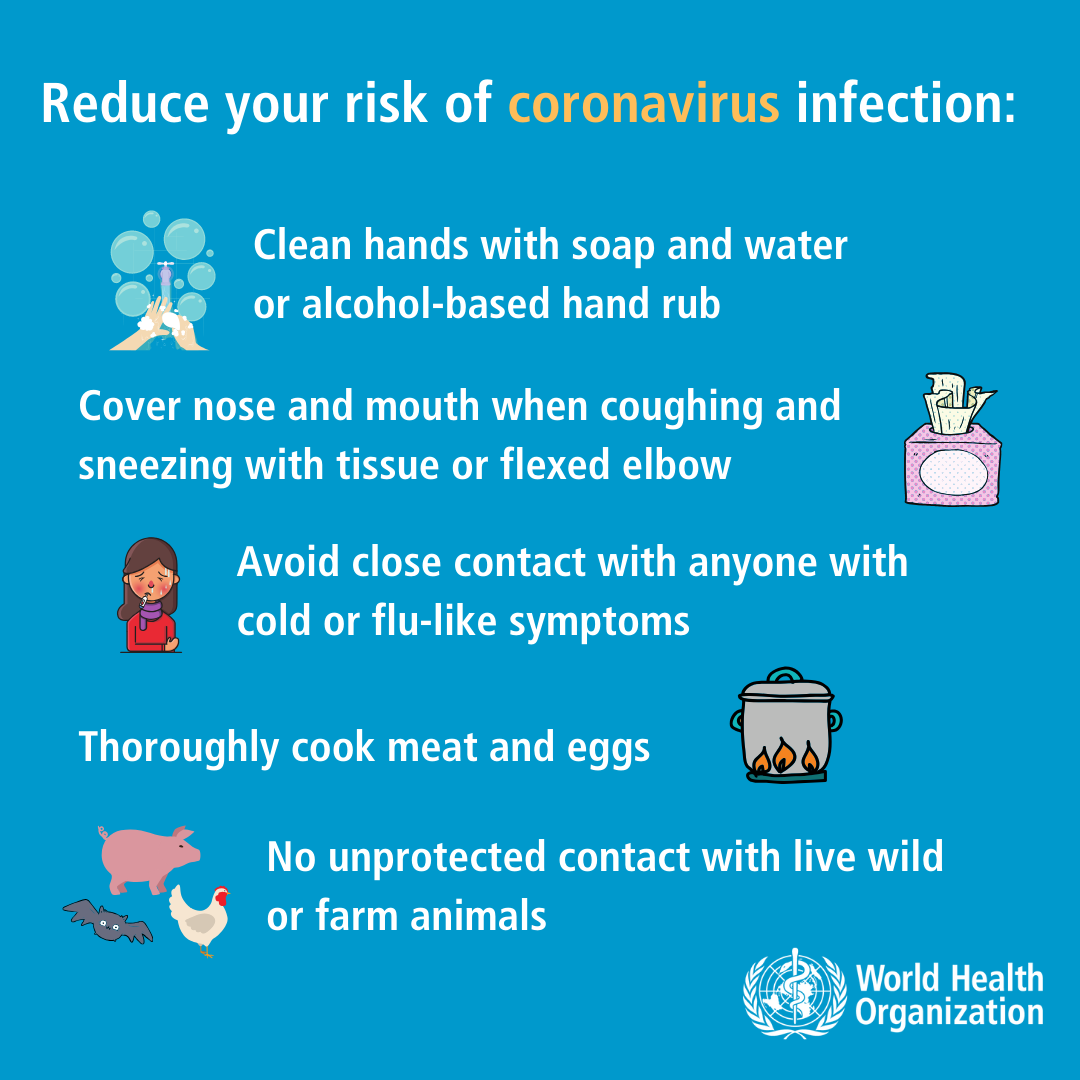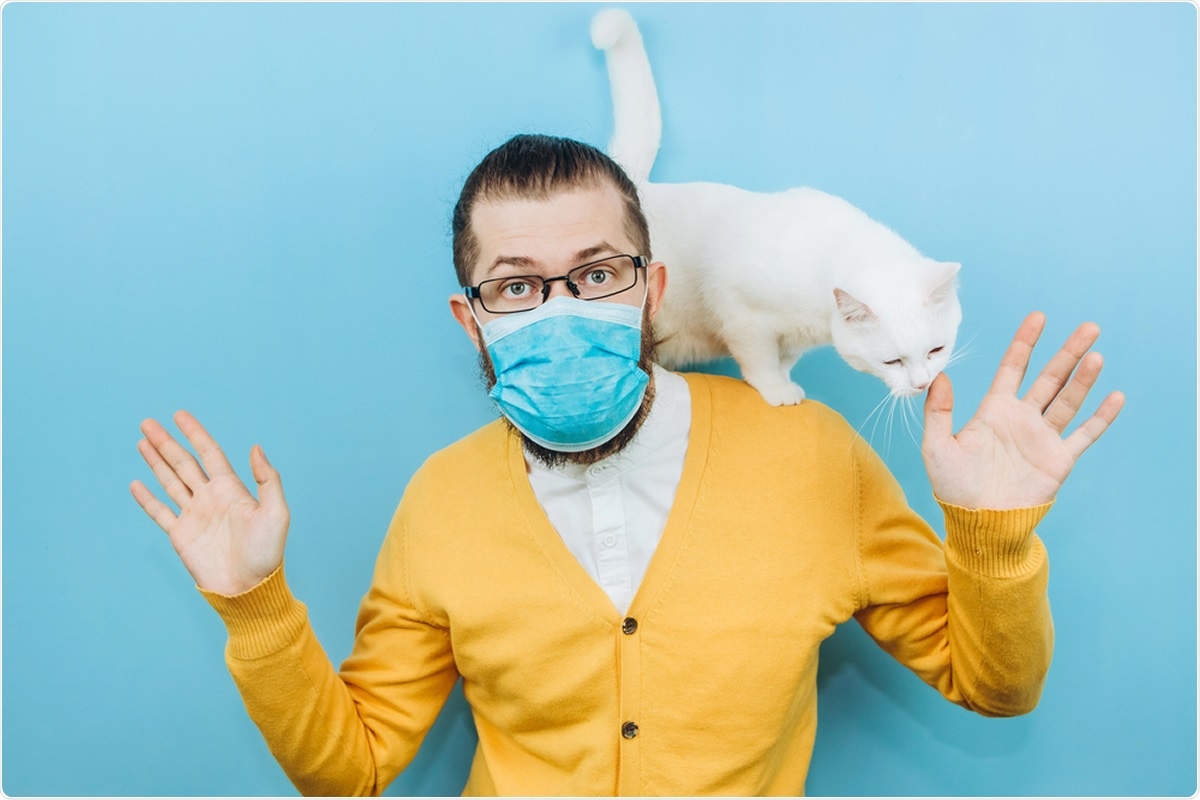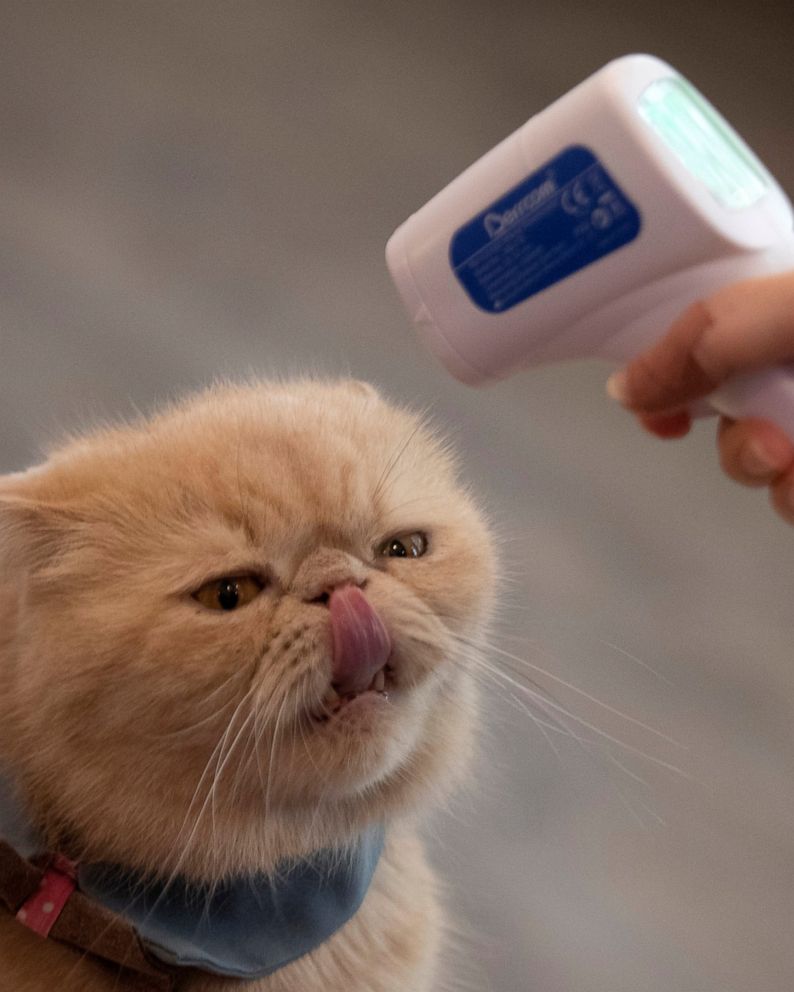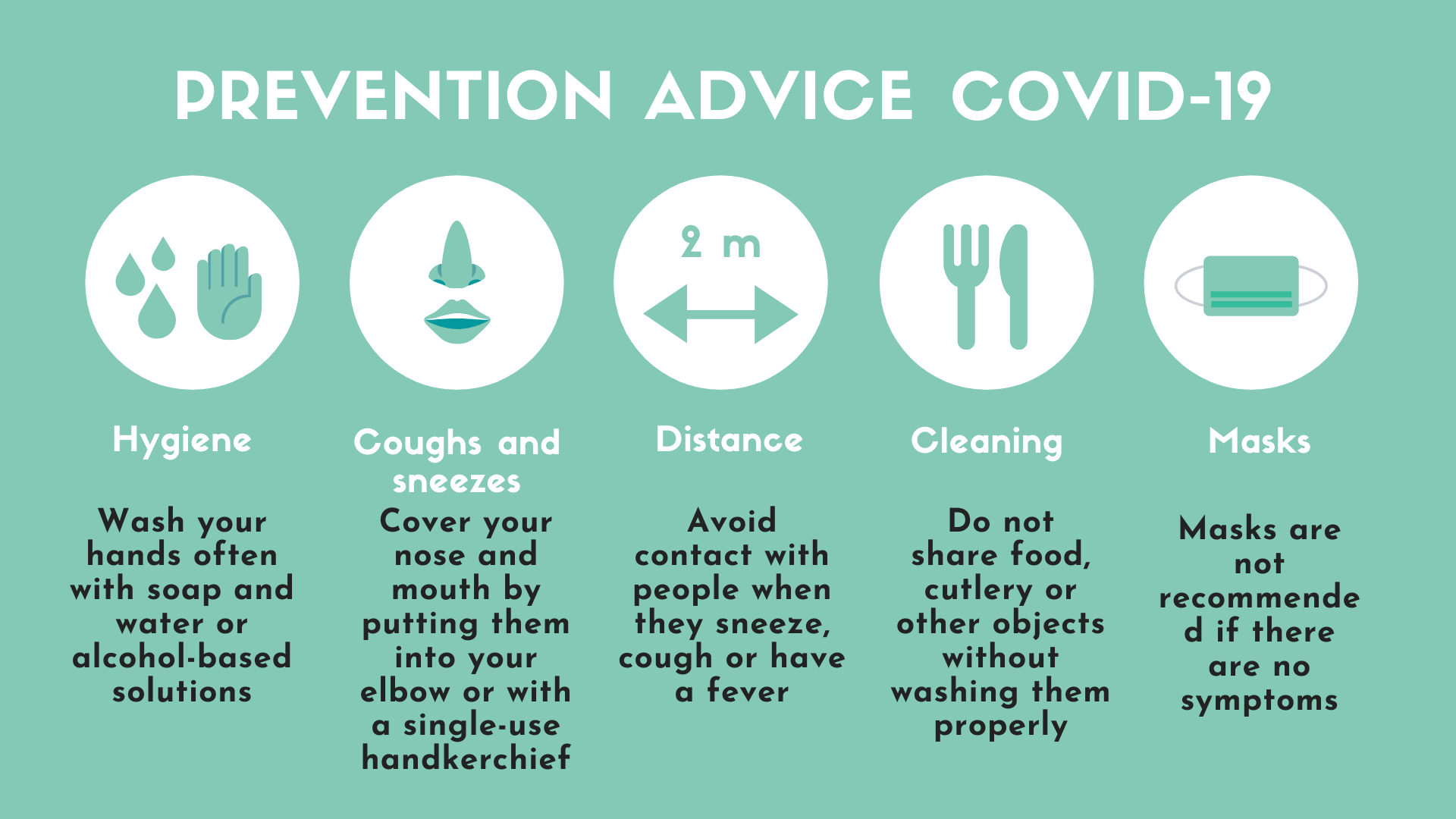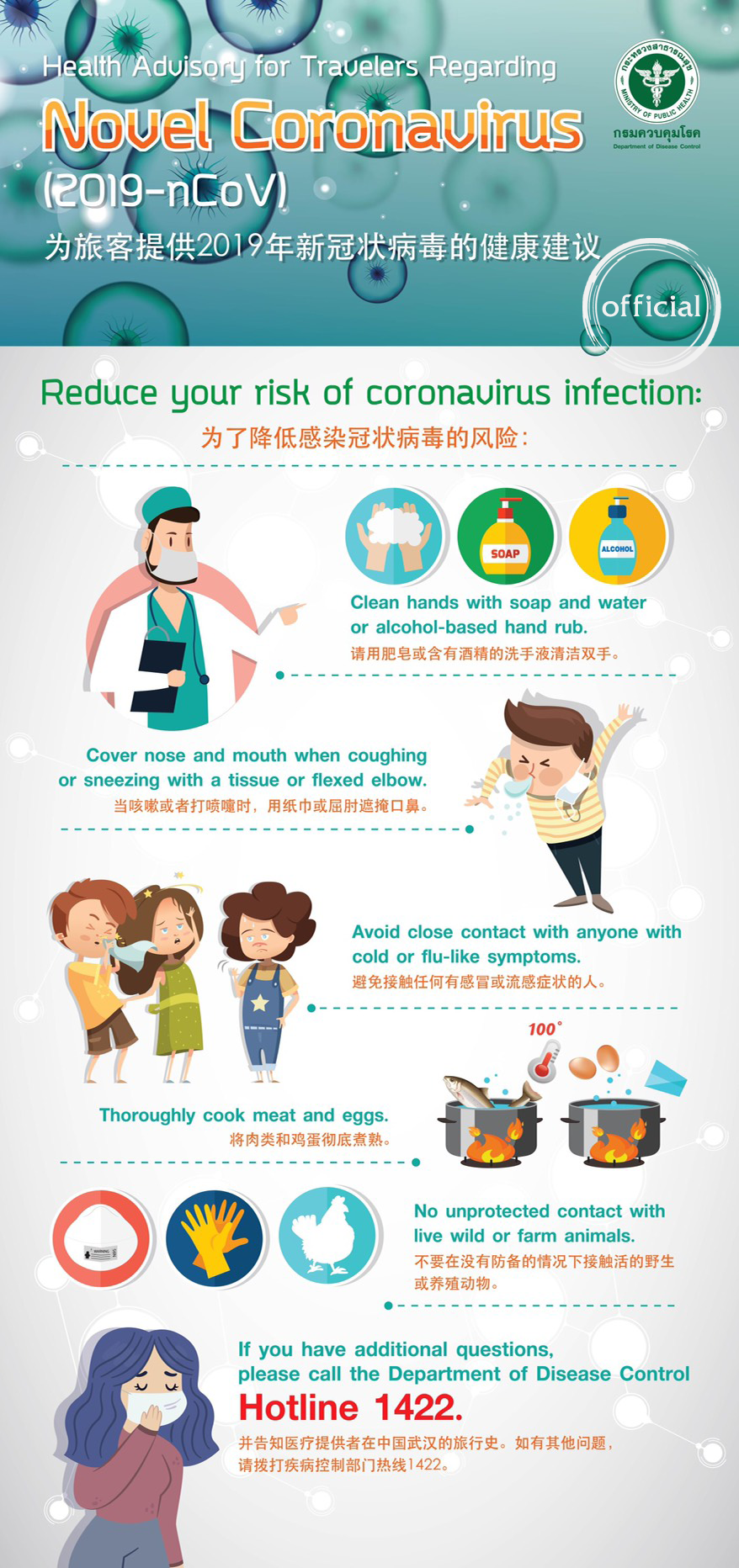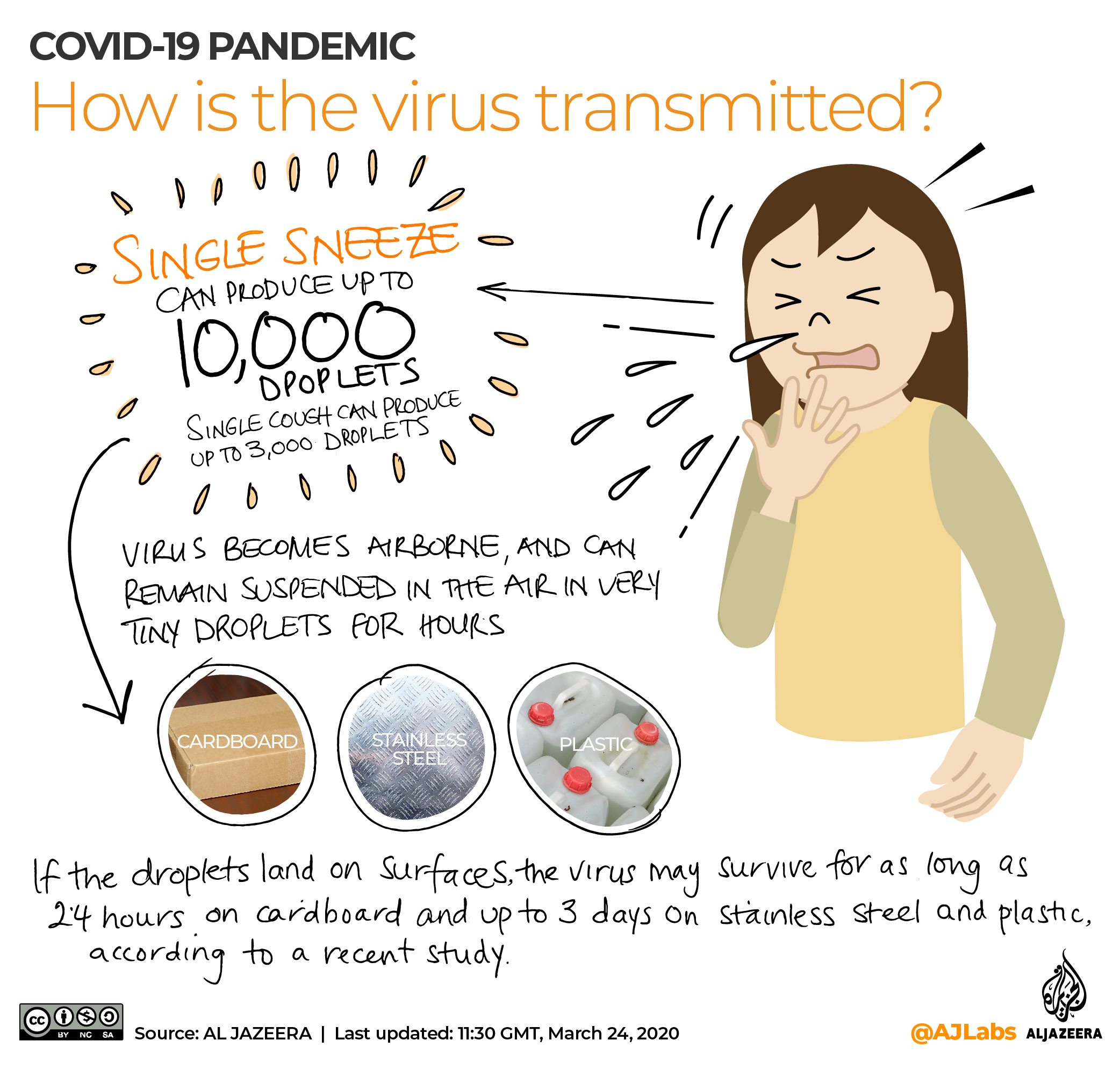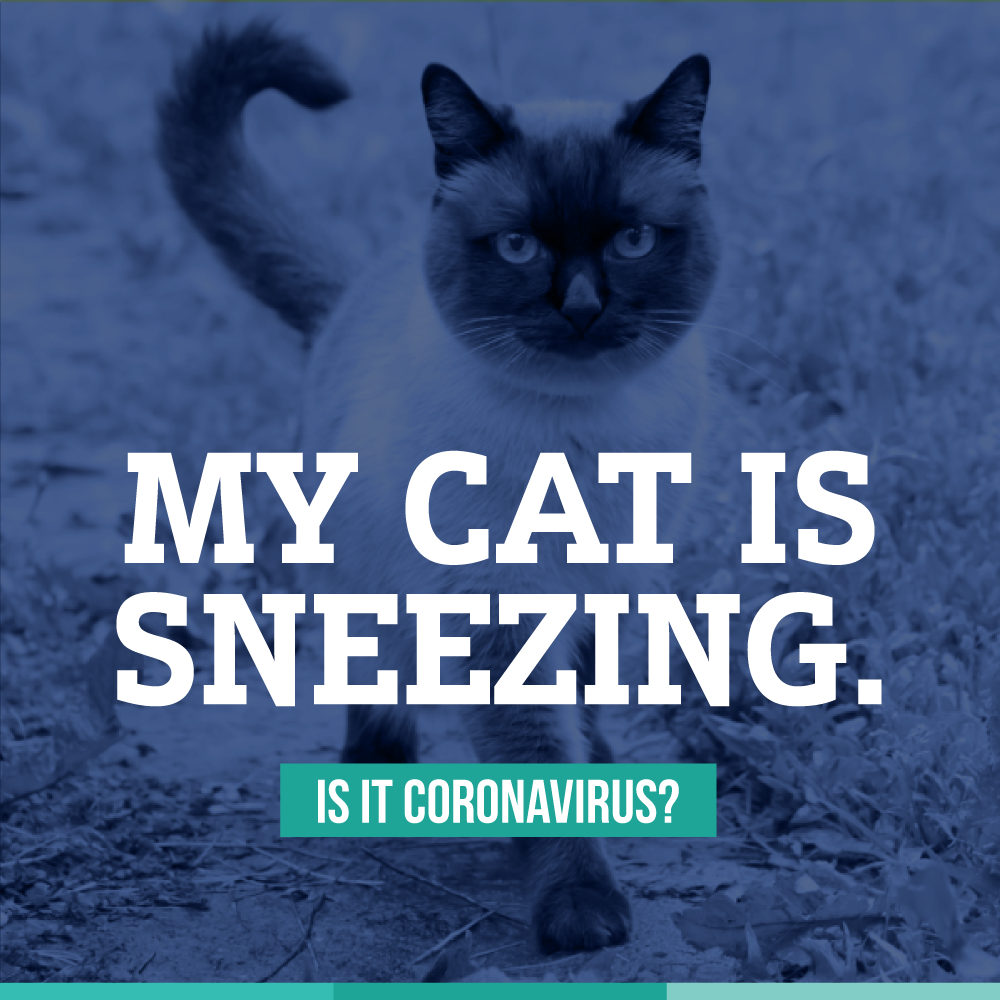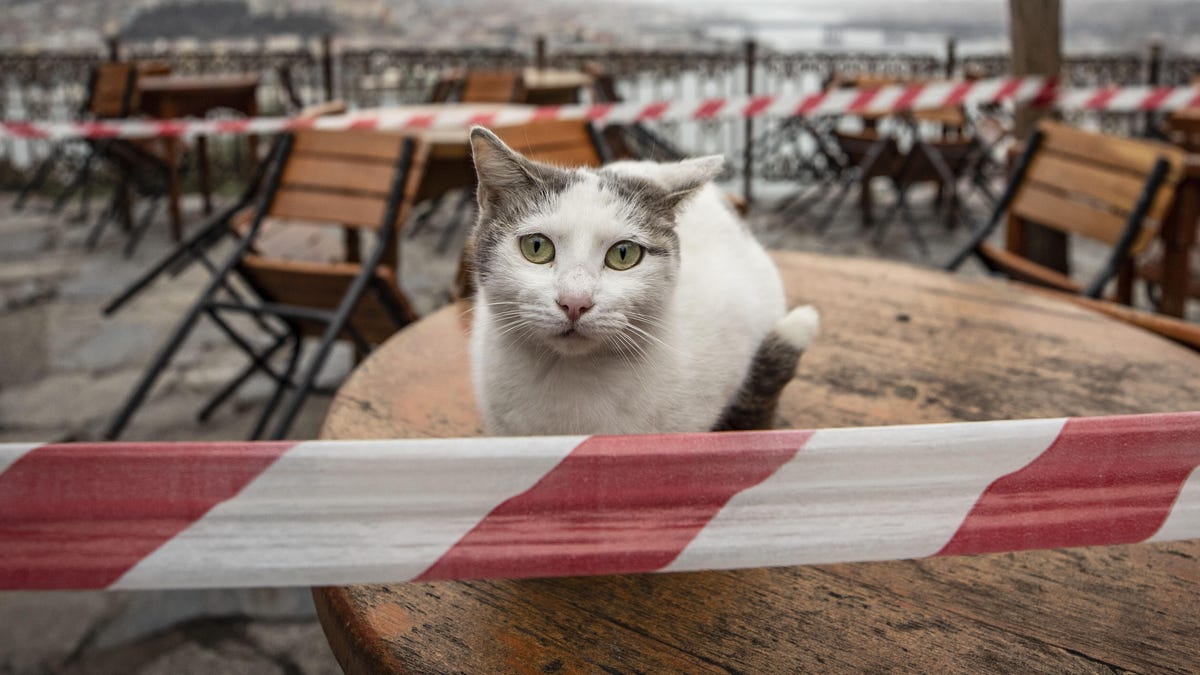Cat Coronavirus Symptoms Sneezing
Infected people will start running a fever and experience fatigue and.
Cat coronavirus symptoms sneezing. Cats may be able to spread coronavirus to humans despite showing no symptoms expert warns. If your cat sneezes only occasionally no treatment is generally needed. However if your cat has other symptoms such as discharge from the nose and eyes the presence of blood or mucus in the nose decreased activity or loss of appetite have your cat examined by your veterinarian.
Respiratory infections - infections inside the airways can cause sneezing. If your pet shows any signs of illness such as coughing sneezing or lethargy call or text your veterinarian to arrange treatment. Common COVID-19 symptoms include fever and chills muscle and body aches loss of taste or small nausea or vomiting and diarrhea.
These symptoms may include. Fortunately we can vaccinate against cat flu. Confirmed or suspected to have Covid-19 should keep their cat indoors.
You can give COVID-19 to your cat. Our data shows that people who had been vaccinated and then tested positive for COVID-19 were more likely to report sneezing as a symptom compared with those without a jab researchers wrote according to The Hill. Left untreated cat flu can become very serious.
If possible keep your cat indoors if they are happy to be kept indoors. Symptoms of feline herpes includes sneezing attacks discharge from the nose and eyes conjunctivitis or pink eye lesions in and around the eyes ulcers and congestion. The top five coronavirus symptoms in CHILDREN are.
Just like with infected people your cat may not display all of these symptoms at the same time or at all. It was confirmed this week that two domesticated cats had been infected with the coronavirus in the United StatesFollowing early news reports of lions and tigers showing COVID-19 symptoms at a. The sneezing generally lasts for only a few days and goes away on its own requiring no treatment.

